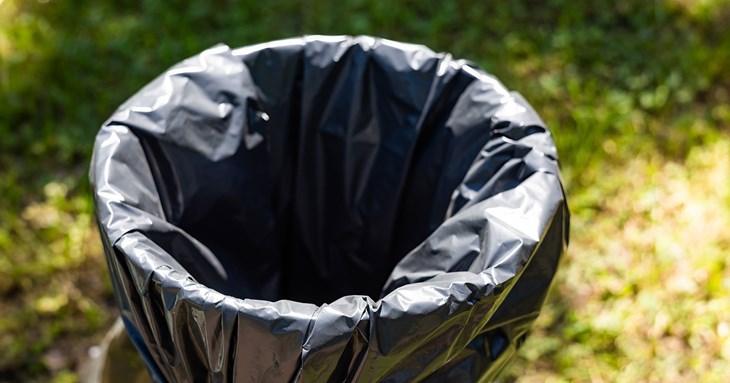Exeter producing less waste than most other cities, new research reveals
Published: 25 October 2023

Exeter produces less waste than any other district in Devon, new figures have revealed.
The city is also ranked the tenth lowest in the country for generating waste.
Exeter City Council believes in being transparent about its recycling performance and is working hard to increase Exeter’s recycling rate, according to Councillor Ruth Williams, Lead Councillor with responsibility for recycling.
“Exeter is a low-waste city overall,” said Cllr Williams. “Our residents are fantastic in following the waste hierarchy: reduce, reuse, recycle. They produce less waste than those of any other district in Devon – but now we need their help in driving up our recycling rate.”
According to the most recently published figures (Devon Authorities Strategic Waste Committee), the total weight of waste produced by Exeter’s residents is just 278.4 kg per person per year – the 10th lowest among all districts in England and the 4th lowest outside London, which Cllr Williams says demonstrates the success of Exeter residents in applying the core principles of waste prevention and reduction more accurately than the city’s recycling rate alone.
“However, we appreciate that this does not exempt us from improving Exeter’s recycling rate. We want to be clear that this is an important goal as we continue to improve our waste and recycling service to our residents.”
Recycling rates have fallen across Devon in recent years as brands have continued to reduce their packaging weights and the cost-of-living crisis has seen people bringing less packaging into their homes and wasting less food.
Exeter has rolled out food waste recycling to approximately 21,000 properties and this will show up as an improvement in the city’s recycling rates when the next figures are published.
However, recent waste analysis in Exeter revealed that a lot of recyclable waste enters Exeter’s black refuse bins. This is where residents can help, said Cllr Williams.
“Materials like soft plastics – such as bread bags, toilet roll wrap and food can multipack wrap – make up a considerable weight in the rubbish bin when they could be recycled instead. Put them in your green bin and you’ll be supporting the local economy while helping to increase the city’s recycling rate,” she added.
Exeter City Council is almost unique in being able to collect soft plastics for recycling and is the first council in the UK to get them turned into plastic sacks for its waste operations.
The city’s popular recycling expert, Denis the Dustcart, ran a social media campaign recently to encourage greater recycling of soft plastics from home.
Recycling plastic bags is part of a drive to pursue circular solutions for as much of the city’s domestic recycling as possible, said Cllr Williams: “Our legal obligation as a local authority is to know exactly what happens to the recycling we sell, but we take it as our moral responsibility to investigate and pursue only the most sustainable solutions for the material we collect. We spare no effort in in our efforts to do truly purposeful, valuable recycling, and we want to combine this with a higher recycling rate. So please help us out by checking out our comprehensive A-Z of Recycling and Waste online and recycling as much as possible.”
The A-Z is on the Council’s website: www.exeter.gov.uk/recycle.
Residents who are unsure what can and can’t be recycled in Exeter can also follow Denis the Dustcart on Facebook.

